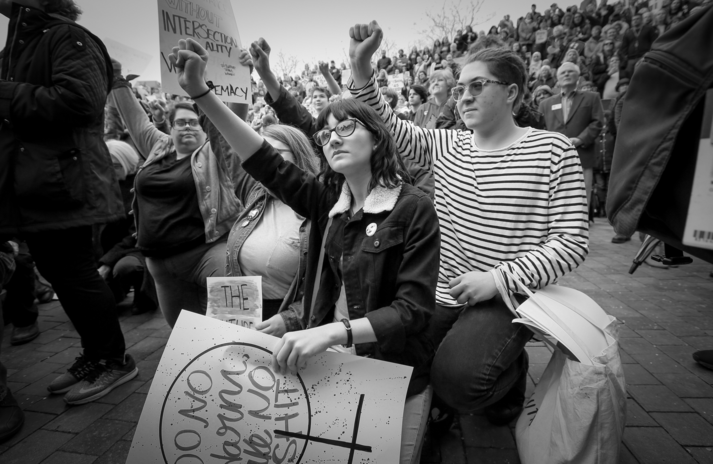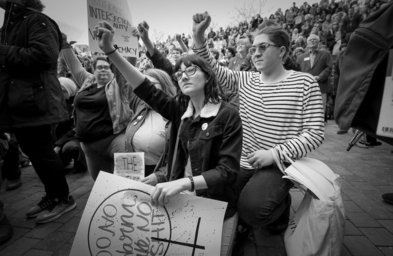Nobody wants to believe that they are racist. In a perfect world, we would all live in harmony and contribute to a multicultural society where racism and prejudice no longer exist.
But because our world is not perfect, and racism and prejudice are very much still a thing, it is very easy to fall through the cracks of what is acceptable and what is offensive.
Microaggression is a term that is used to describe everyday verbal, behavioural, and environmental degradations that are targeted towards a group, particularly minorities and marginalized groups. Racism isn’t always blatantly obvious; it comes in many different forms. The use of microaggressions perpetuate racist indignities without even realizing it.
Although such behaviours can be very common, that doesn’t make them any more virtuous. We can and need to be better, and the first step in being better is recognizing when and how to correct ourselves.
Are microaggressions harmful?

Such small offenses, although they may not seem serious, have a significant impact on the perception and views associated with a group of people. In other words, microaggressions are a product of prejudice and the use of them perpetuate prejudiced stereotypes.
Although it may not affect your life, it is certainly affecting the lives of other people around you. Microaggressions can have major impacts on the lives of marginalized groups and POC; while you may not notice it, this behaviour creates a very hostile and unwelcoming environment for others.
What are some examples of microaggressions?
In order to correct yourself you must be able to identify when you mess up. Examples of microaggressions include;
- Assuming someone’s intelligence based off their race.
- Assuming someone’s criminality based off their race.
- Assuming someone non-white is foreign born.
- Denying that one’s race impacts success in life.
- The belief that Eurocentric/Western standards are the epitome of beauty.
There are countless other ways that microaggressions are used on the daily. It is important to remember that they are all connected by the offensive undertones which are not always easy to notice at first glance.
What are the effects of microaggressions?
Words or phrases that may seem meaningless to some can have a significant impact on others. Microaggressions come in many shapes and forms, though they may be easier to identify as a backhanded compliment.
“How do you speak English so well?” “What are you? Where are you originally from?” “It’s amazing that someone like you can be so successful!”
These are the kind of experiences that follow someone throughout their life. Whenever they go to recount a racist encounter, that is a story they will tell.

We are supposed to be living in communities that welcome all kinds of people, but our attitudes toward people who are different from our own only further isolate minority groups. Victims of microaggressions feel belittled and dehumanized, as if they are not held to the same standards of the majority of the population.
Don’t be fooled – racism and hate continue to exist and are far from disappearing. Microaggressions continue to oppress victims of discrimination a little bit more every day.
How can I be better?
Unlearning inherent prejudices can take time, but so long as you are making the effort to be better, then you will find your attituded moving progressively day by day.
- Carry an open mind – be okay with being wrong and be ready to correct your behaviour.
- Take notice of your quick judgements or automatic thoughts towards minorities.
- Educate yourself on cultures other than your own and be willing to expand your interactions with people unlike you.
- Correct the people around you. Have the courage to point out prejudice in action, even when it may come from someone close to you.

It is easy to decide that the people around you are overly sensitive and it is not you who is at fault. But the reality is, the words and the indignities that you willingly share with the world are a reflection of who you are; they are a intentional, and give clear indication of your character. Only you can decide what kind of person you would like to be.
You have the freedom to say and do whatever you want, but does that mean you should?



